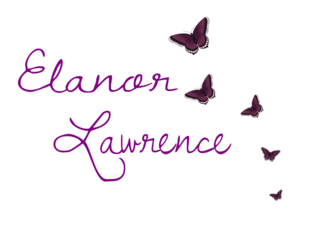One of the most wonderful things about working in a
library is that I’m surrounded by hundreds of books. Conversely, one of the
worst things is that I’m surrounded by hundreds of books. Shelving definitely
takes a lot longer when you’re constantly stopping to read a back cover or the
inside flap.
Sometimes, I can pass this lollygagging off as work. If I
stop to read a children’s book, for instance, I can say that I’m just looking
for good books for kids’ story time. Or, if I take a good look at a YA novel,
I’m ‘researching’ so I can make better recommendations when someone comes in
looking for a book.
Today, though, I got a little sidetracked in the
non-fiction section. Normally, I tend to think of non-fiction as being sort of
dull, just the bare facts. Today, though, there were all sorts of interesting
books. There were author biographies, Tolkien’s essays on Norse mythology, true
crime, a man who went a year without money, how autistic children relate to
animals, and my personal favourite, How to Avoid being Killed in a War Zone
(no, that’s not a joke. It’s a legit book for people travelling to war zones).
 As fiction writers, I think we should be reading
non-fiction just as much as fiction. There’s nothing like reading a book on
schizophrenia to help you write about a character with mental illness. If your
main character is an actress, read a book about audition prep. If you’re
writing an international thriller, read about how to avoid being killed in a
war zone.
As fiction writers, I think we should be reading
non-fiction just as much as fiction. There’s nothing like reading a book on
schizophrenia to help you write about a character with mental illness. If your
main character is an actress, read a book about audition prep. If you’re
writing an international thriller, read about how to avoid being killed in a
war zone.
So often, if we only read fiction, we tend to see the
world as authors represent it, not as it really is. Now, I’m not trying to
suggest that authors don’t do their research, since many spend ridiculous
amounts of time checking their facts, but their books still are works of fiction.
So, when we write, instead of imitating life, our novels become imitations of
other novels, effectively imitating the imitators.
 Non-fiction books are your primary sources. They can give
you facts, ideas, or provide little details to make your story more realistic.
They present real thoughts and emotions, not just an artist’s representation. A
memoir of a genocide survivor will tell you exactly how they felt when their
family was murdered, not just how an author imagines people would feel.
Non-fiction books are your primary sources. They can give
you facts, ideas, or provide little details to make your story more realistic.
They present real thoughts and emotions, not just an artist’s representation. A
memoir of a genocide survivor will tell you exactly how they felt when their
family was murdered, not just how an author imagines people would feel.
Non-fiction has a sort of ruggedness that fiction tries
to reach, but never quite can. As good as an author is, they can never really
break through the reader’s knowledge that the book is simply a work of fiction.
With non-fiction, there is no wall. The reader doesn’t have to suspend their
disbelief, because everything is supposed to be believed. There’s something so
really real about non-fiction that we as fiction writers should learn from.





No comments:
Post a Comment